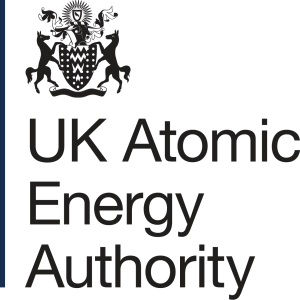How and why did you enter the profession?
After graduating, I qualified as a teacher and worked in the North East of England. Although this was rewarding, I wanted more of an intellectual challenge and stumbled upon the Inside Careers Guide to Chartered Patent Attorneys. The more I read, the more I realised that my blend of communication skills and technical knowledge would be well suited for a career in patent law.
I applied to Reddie & Grose as I was impressed by their obvious focus on in-house trainee development and training. During my interviews I found it telling that a high percentage of the partners had been trainees at Reddie & Grose. I was delighted to be offered a trainee position and have thoroughly enjoyed my first nine months in the profession.
What are your main duties and roles?
As a trainee, my role is much like a traditional apprentice. Much of my learning is developed ‘on-the-job’ by working under the guidance of a senior attorney and supplemented by formal training sessions. Much of my work so far has involved communicating with patent offices, clients and foreign patent attorneys.
I will increasingly become involved with writing patent applications for clients and maintaining client relationships. I will also be expected to devote time towards studying for professional exams, however in the emphasis of my first year has been on developing a holistic appreciation of the profession.
What skills have you found useful?
Being a trainee has its challenges and the learning curve is initially steep. The combination of law, procedure and technical information, for me, is unfamiliar and nuanced. Patience and perseverance have seen me through initial confusion and frustration.
Excellent communication skills are essential, and I have found debating skills (last used years ago at school) useful for developing well-constructed arguments. It is also important to be able to consider different points of view, not only when constructing an argument but also when writing to an industry expert or a first-time patentee.
What advice would you give prospective applicants?
I would encourage serious applicants to take any opportunity to expand their knowledge of the profession. I was fortunate to complete two days’ work experience over the Christmas holidays and found it very beneficial despite being brief. My knowledge of a patent attorney’s day-to-day work was significantly enhanced, and I gained a first-hand appreciation of the skills required. It also provided several discussion points at interview.






